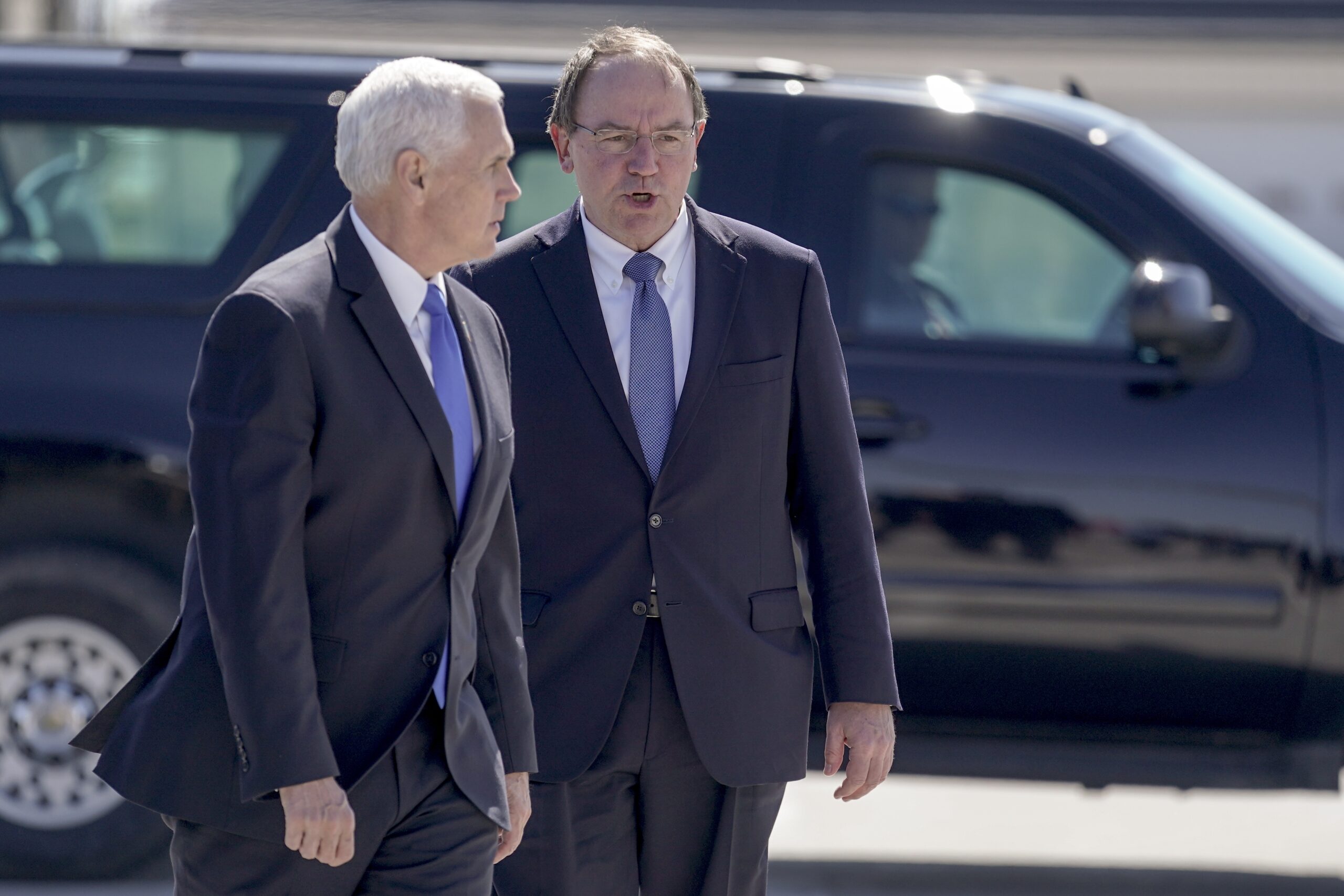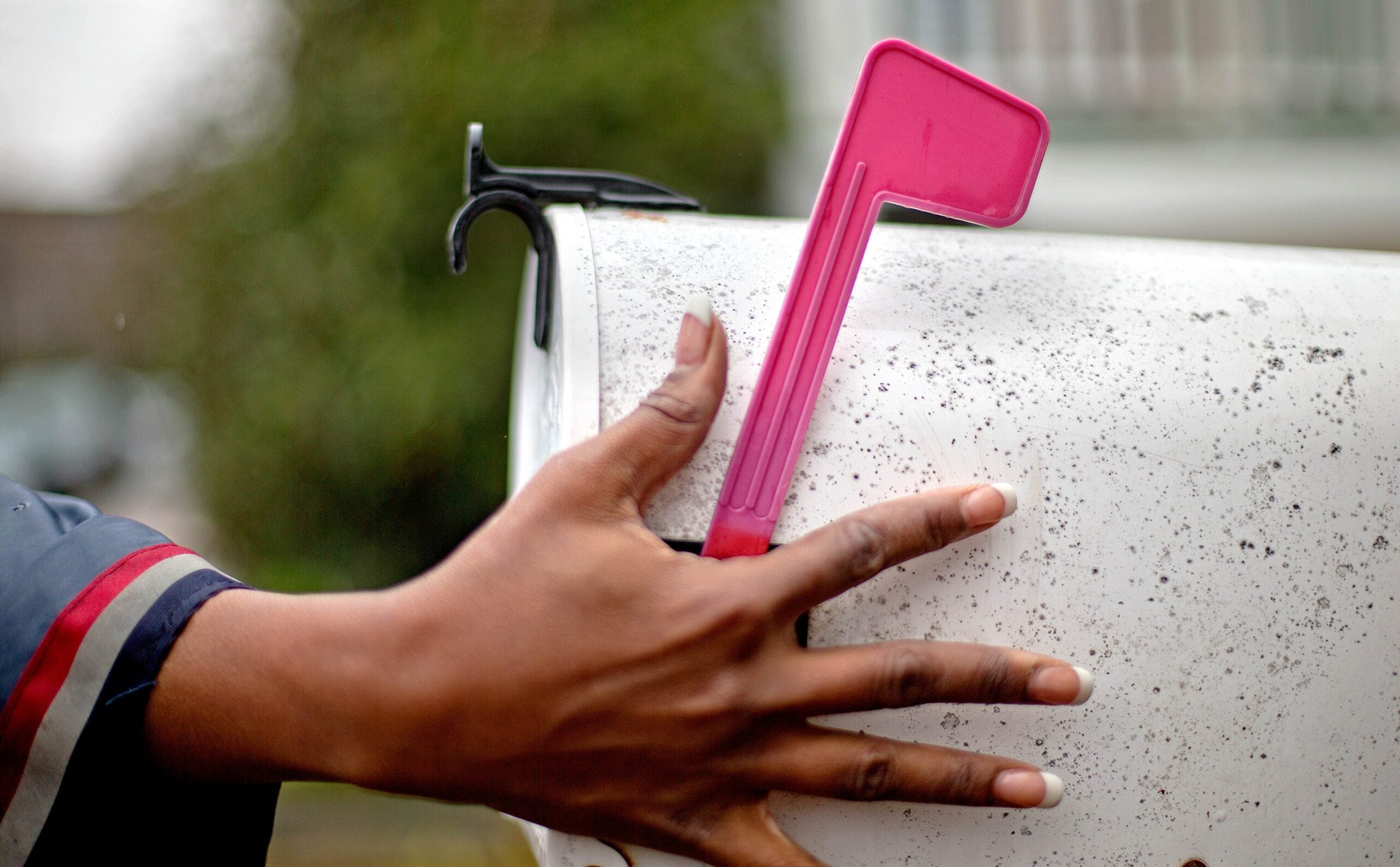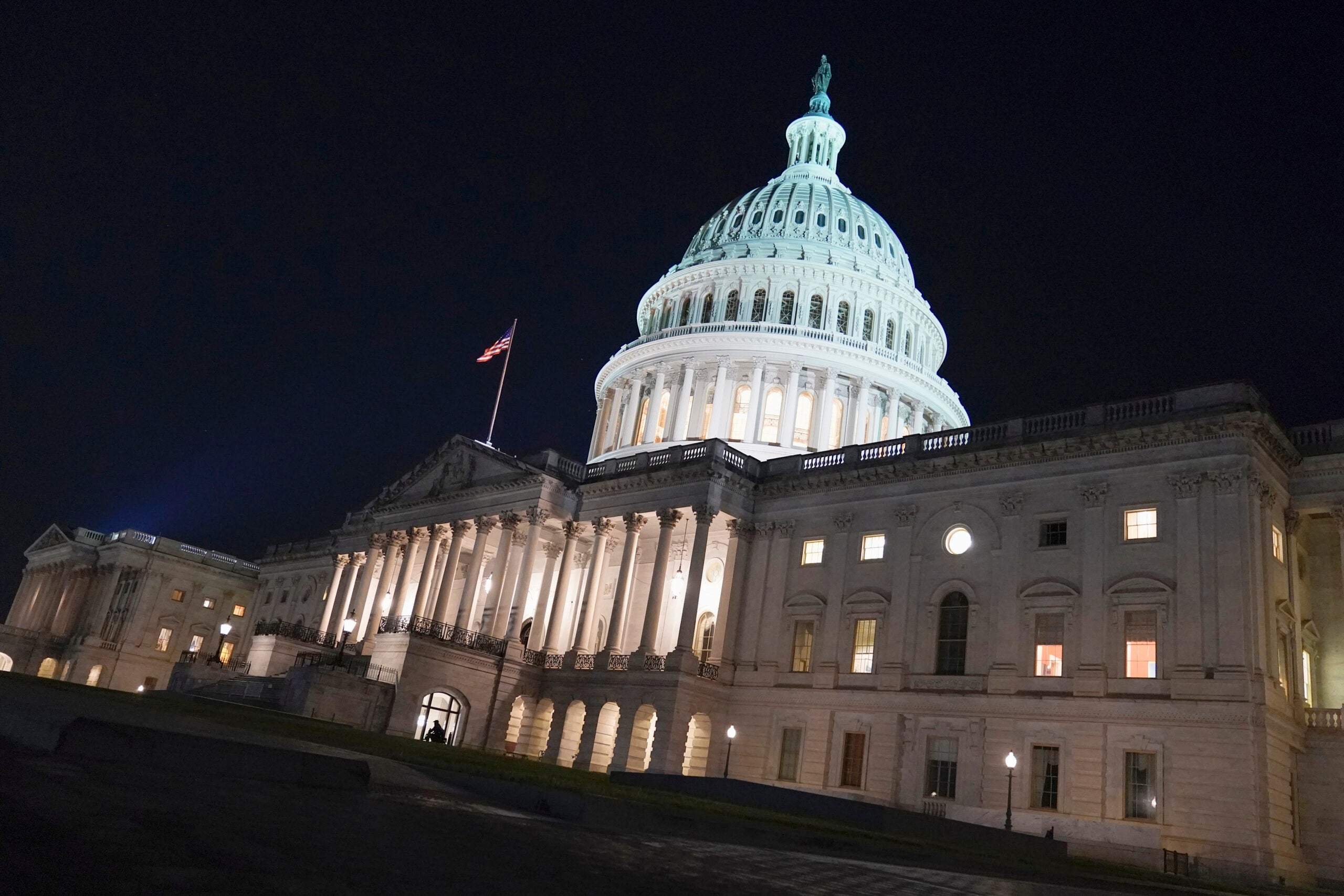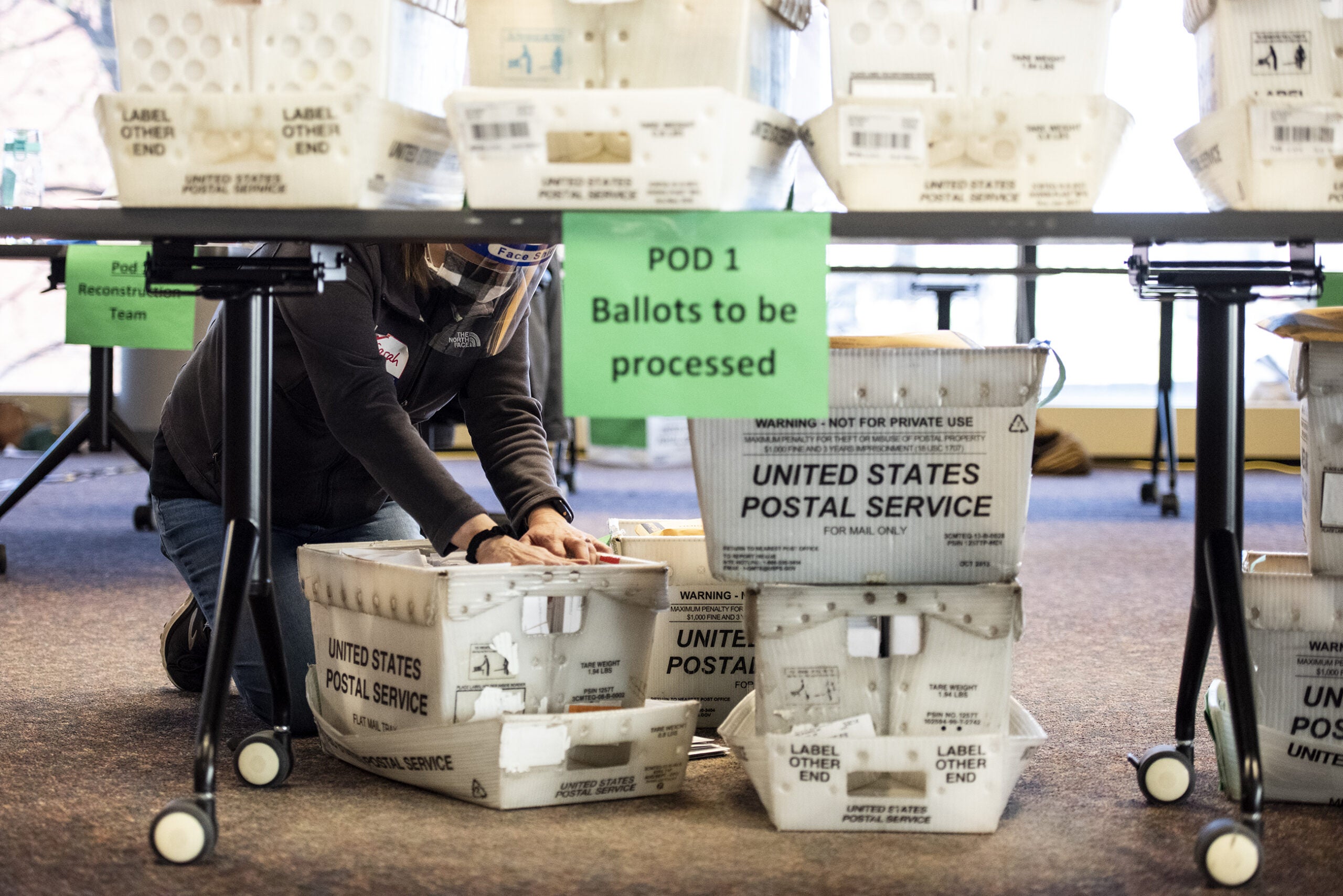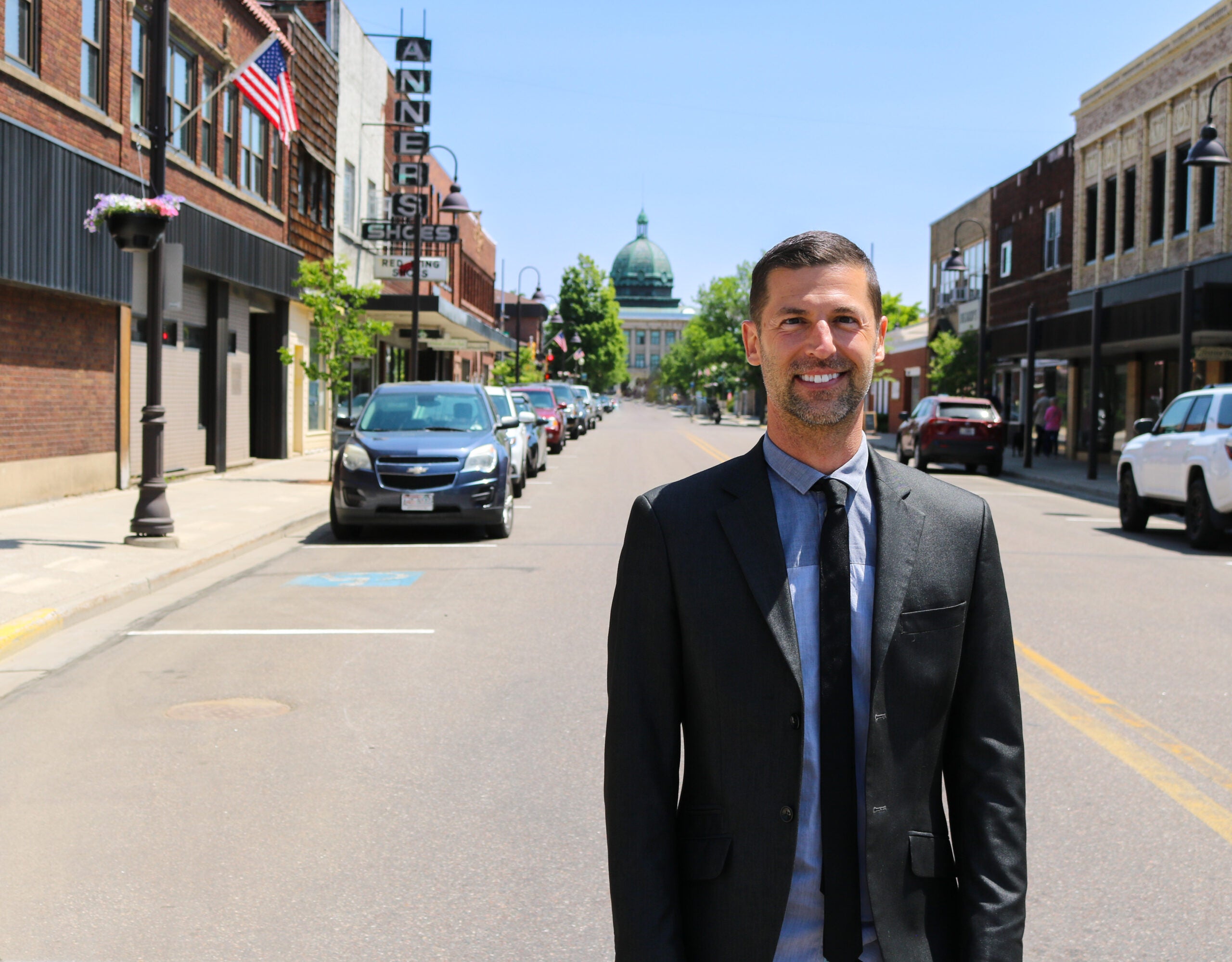Protecting businesses from being sued by workers who contract COVID-19 is “probably the most important thing this Congress could do” this year, U.S. Rep. Tom Tiffany said Monday at a virtual town hall meeting.
“I’m most concerned that we get liability protection here as we go forward with COVID-19,” Tiffany said.
Because businesses and other institutions are making decisions with incomplete information, Tiffany said, workers shouldn’t be able to sue if they contract the disease in the workplace.
Stay informed on the latest news
Sign up for WPR’s email newsletter.
“There’s conflicting information out there,” Tiffany said. “Every day we see conflicting information about what are best practices. So when we get a year or two down the road, I don’t believe schools, for example, should be sued as a result of a decision they made today as a result of the information they have right now.”
The issue is a priority among congressional Republicans, but it’s opposed by Democrats, who say it could leave workers who become infected as a result of irresponsible or unsafe actions by employers without recourse.
The town hall, hosted by the Wausau Area Chamber of Commerce, was one of Tiffany’s first virtual public events as a member of Congress. He was elected to Congress in a special election in May. The seat was formerly held by Rep. Sean Duffy, R-Wausau, who resigned from Congress in September.
Tiffany, a former state legislator, said most of the votes he’s taken in his first 90 days in Congress have been “no” votes. He voted against the $3 trillion economic relief package passed in the House shortly after he took office. And he voted against two bills that attracted significant bipartisan support in the Democratic-controlled House. In July, he opposed a measure to remove Confederate monuments from the U.S. Capitol, a bill that won supermajority support. On Saturday, he voted against a bill to prohibit the U.S. Postal Service from cutting services in the pandemic. That bill gained the support of more than 60 percent of voting representatives, including dozens of Republicans.
Tiffany said he voted against a “bailout” for the Postal Service because the bill didn’t make long-term, structural reforms to the service.
“The post office really doesn’t need bailouts at this point; it needs reform,” Tiffany said.
He said the service has seen revenue increase during the pandemic, and he downplayed concerns that cuts to service before November would interfere with voting by mail.
“The rhetoric has been that the post office doesn’t have enough money for the post office to do their job here as we go through the election in November,” he said. “That’s not true.”
In a statement, Tiffany’s Democratic opponent for the November election, Wausau School Board president Tricia Zunker, blasted his vote, saying the congressman acted as “President Trump’s rubber stamp in Congress.”
“Veterans, senior citizens, disabled and rural populations depend on the U.S. Postal Service for delivery of medication, Social Security checks and necessary supplies,” Zunker said. “We must protect the U.S. Postal Service and its workers.”
Tiffany has also sought to pressure schools into reopening with in-person classes in the fall with a bill that would block federal funding for schools that aren’t holding in-person classes by Sept. 8.
“I have believed for months now that it is absolutely critical that we get our kids back in school,” Tiffany said. “Let’s make sure the cure is not worse than the disease.”
That bill has not passed; most school funding comes from state and local governments, not the federal government.
Last week, Tiffany called on Attorney General Bill Barr to open a federal civil rights investigation into the shooting death of Bernell Trammell, a Black Trump supporter in Milwaukee.
In response to the shooting on Sunday of an unarmed Black man in Kenosha, Tiffany called for a full investigation, but said individuals should not rush to judgment. He said one source of problems within police departments is when local elected officials fail to police the police.
Wisconsin Public Radio, © Copyright 2025, Board of Regents of the University of Wisconsin System and Wisconsin Educational Communications Board.

